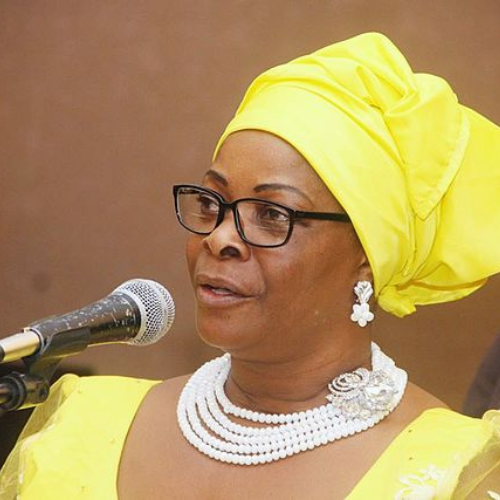Zambia has recently emerged as a focal point in the fight against corruption in the heart of Africa, where political landscapes are frequently intertwined with allegations of corruption. The arrest of Esther Lungu, Zambia’s former First Lady, along with her daughter Chiyeso Katete and a relative, Charles Phiri, has sent shockwaves throughout the country, raising concerns about the level of corruption within the country’s corridors of power.
Esther Lungu’s Allegations and Arrest
Esther Lungu’s apprehension by the state anti-drug agency centers on accusations of fraud and the ownership of properties believed to have been obtained through illegitimate channels. At the forefront is a $30,000 estate in Lusaka, where Lungu purportedly struggles to furnish a convincing account of its procurement. This case emphasizes the gravity of alleged financial impropriety and highlights the necessity for transparency in high-profile acquisitions.
Political Landscape and Context
Zambia’s political arena has endured upheaval, with ex-President Edgar Lungu and his Patriotic Front (PF) party embroiled in allegations of mismanagement and corruption. Lungu’s defeat to Hakainde Hichilema in the 2021 presidential polls signified a pivotal juncture, ushering in a fresh era under Hichilema’s leadership. The transition highlights a desire for change and accountability, setting the stage for intensified scrutiny of governance practices in Zambia.
Anti-Corruption Campaign
President Hichilema swiftly initiated a robust anti-corruption crusade, pledging to eradicate graft and reclaim purportedly embezzled assets from the prior regime. Esther Lungu’s apprehension, along with her associates, signifies a significant escalation in this endeavor, indicating a resolute stance against corruption entrenched within the upper echelons of power. This decisive action highlights the administration’s commitment to fostering transparency and accountability, promising a renewed era of governance integrity in Zambia.
Criticism and Speculation
Yet, amid these endeavors to tackle corruption, lingering queries arise regarding the underlying motives propelling such measures. Critics contend that the anti-corruption endeavor may be politically driven, seemingly directed at adversaries of the present regime rather than earnestly addressing systemic corruption. Esther Lungu’s arrest, juxtaposed against her husband’s political aspirations, amplifies suspicions surrounding the political underpinnings of the anti-corruption campaign. Such timing intensifies speculation, casting shadows on the campaign’s purported neutrality and raising pertinent questions about its true objectives and implications.
Challenges and Implications
Beyond the realm of individual personalities, the arrest of Esther Lungu serves as a poignant reminder of the overarching hurdles confronting Zambia on its journey towards fostering transparency and accountability in governance. These allegations of corruption and the ensuing quest for justice serve as a litmus test for Zambia’s dedication to upholding the rule of law and ensuring that those vested with authority are held answerable for their conduct.
Role of Investigative Agencies
Esther Lungu’s case highlights the crucial function of investigative bodies in unearthing and pursuing corruption allegations. The tireless endeavors of the state anti-drug agency in probing accusations of fiscal misconduct exemplify the indispensable role of autonomous institutions in preserving the state’s integrity and bolstering public confidence. Such diligent efforts emphasize the imperative of impartial investigative mechanisms in combating corruption and fostering accountability within Zambia’s governance framework.
As Esther Lungu and her associates prepare to face the legal ramifications of their alleged activities, the nation’s attention remains focused on the emerging saga. The outcome of this case will not only influence the course of Zambia’s anti-corruption efforts but will also send a strong message about the country’s dedication to justice and accountability.
Zambia is at a crossroads, plagued by political unrest and corruption charges. The arrest of Esther Lungu serves as a sobering reminder of the hurdles that await us on the path to a more transparent and accountable governing system. Only time will tell whether Zambia can rise from the shadows of corruption and embrace a future based on integrity and fairness.


